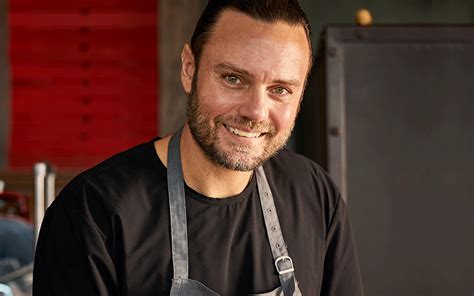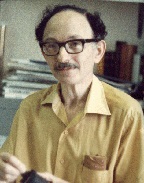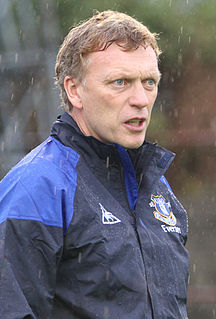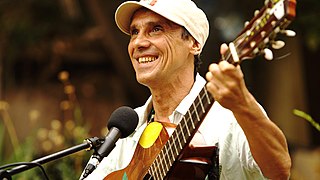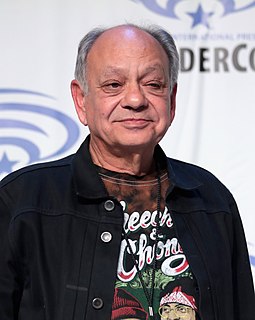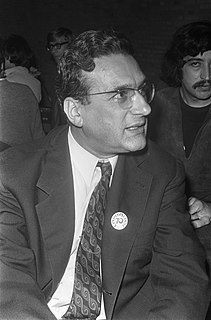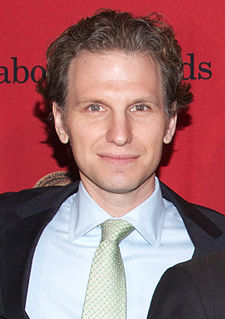A Quote by Murray Rothbard
Early economic theory was rooted in the Italian, French, and Spanish traditions, which were subjectivist oriented. Then it shifted onto the terrible path by Smith and Ricardo and the British classical tradition, which is 'objectivist' - values are in inherent in production.
Related Quotes
There are all sorts of institutions in the economic world which depart from the simple price/market model which I worked on in an earlier incarnation and which has been sort of the mainstream of economic theories since Adam Smith and David Ricardo. There are all sorts of contractual relations between firms and individuals which do not conform to the simple price theory - profit-sharing schemes and so forth - and the explanation for these suddenly became clear. We now understand why these emerged and that they are based on differences in information in the economy.
You never know what little idea or joke, what flame flickering really quickly, will become a song. That first idea, it can come any time. If it's in Spanish, you go on in Spanish. If it's in French, French. If it's in English, English. Or Portuguese. I'll try to do my best. I like Italian, though I don't speak it much.
I was seduced by the nouvelle vague, because it was really reinventing everything. And the Italian cinema that one would see in the theaters in the late '50s, early '60s was Italian comedy, Italian style, which, to me, was like the end of neo-realism. I think cinema all over the world was influenced by it, which was Italy finding its freedom at the end of fascism, the end of the Nazi invasion. It was a kind of incredible energy. Then, late '50s, early '60s, the neo-realism lost its great energy and became comedy.
I was born into a Turkish family that had acquired Italian citizenship. Many members of the family subsequently became British, French, Brazilian, and German, so there was a bit of everything. It was not uncommon for people in the family to speak seven languages: English, French, Ladino, Italian, Turkish, Arabic, and even Greek.




